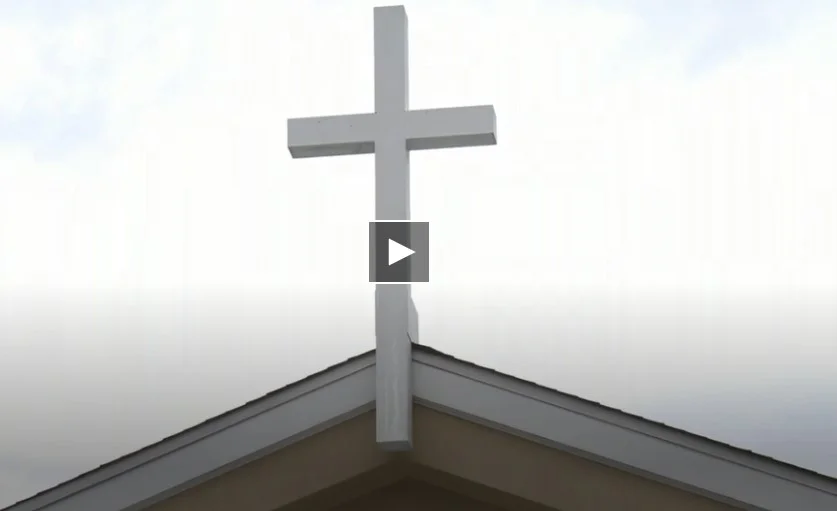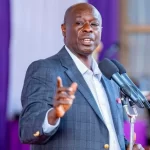
A cross is seen on the roof of a church. (Image: WTVC file photo)
In Summary:
1) The proposed Religious Organisations Bill, 2024 mandates churches and religious groups to file annual financial returns to a new commission.
2) The draft law includes penalties for late filings, false entries, and non-compliance, while establishing the Religious Affairs Commission to oversee religious matters.
A new draft law requires all churches and religious organizations in Kenya to submit annual financial returns to the government if it is enacted.
The Religious Organisations Bill, 2024, presented to President William Ruto on Tuesday, aims to combat religious extremism and prevent extortion.
The bill proposes the creation of the Religious Affairs Commission, which will oversee religious institutions.
All religious entities will need to provide the commission with their financial returns, accounts, member registers, and other necessary documentation.
Religious institutions that miss filing deadlines will face penalties, while any entity that deliberately makes false entries or omissions in their returns or documents could be fined up to Ksh.100,000 or face imprisonment for up to one year, or both.
Additionally, institutions that fail to submit their annual returns could be suspended for up to six months.
The bill also stipulates that the commission or an authorized person has the right to inspect the accounts and member registers of religious institutions.
Obstructing an authorized inspection will result in a fine of up to Ksh.100,000 or imprisonment for up to one year, or both.
The Religious Affairs Commission will be responsible for registering and overseeing religious organizations, including umbrella groups and associations.
It will also review annual returns, monitor compliance, and develop policies and a code of conduct for religious institutions.
The commission is tasked with educating the public on religious issues, including liberty, tolerance, and extremism, and will collaborate with public, private, and international entities.
The commission will consist of a chairperson appointed by the President, the Attorney-General or their representative, the Treasury Principal Secretary, and the PS for internal security, as well as representatives nominated by various religious organizations, including the Evangelical Alliance of Kenya, the National Council of Churches of Kenya, the Kenya Conference of Catholic Bishops, and a joint forum of Muslim umbrella organizations.
The Hindu Council of Kenya will also nominate a member. The chairperson and members will serve three-year terms, with the possibility of one reappointment.


